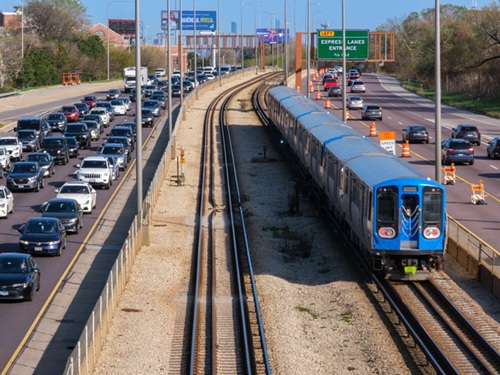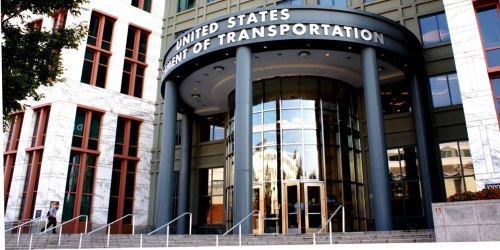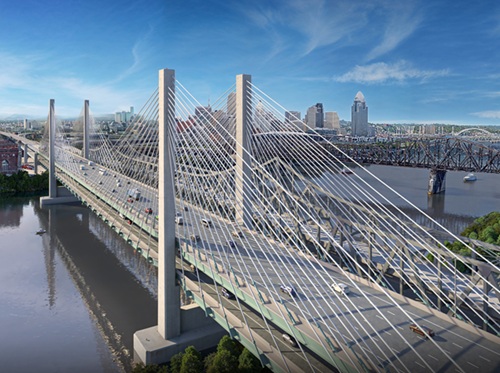Two agencies within the U.S. Department of Transportation highlight grant awards to the rail and port sectors this week.
The Federal Railroad Administration issued $248.5 million in grants fund 32 projects in 27 states via its Consolidated Rail Infrastructure and Safety Improvements or CRISI program on March 12; money that will go towards upgrading rail infrastructure and enhancing safety on the tracks and at railroad crossings in rural and urban communities across the country.

The agency noted that rural projects – which have a minimum 25 percent funding requirement under the CRISI Program – received nearly 50 percent of the funding disbursed by this round of grants. Out of the 32 projects that received grants, the FRA said 15 are located in Opportunity Zones that were created to revitalize economically distressed communities using private investments.
Meanwhile, the U.S. Maritime Administration formally awarded more than $39 million in grant funding to the Port of Houston and Port of Corpus Christi on March 10; part of a $280 million discretionary grant award made to commercial ports across the country through MARAD’s Port Infrastructure Development Program in February.
“Texas is such a vital state – especially for U.S. international trade and energy exports,” noted Elaine Chao, U.S. Department of Transportation secretary in her remarks at the grant award event.

“To help manage these new economic activities, nearly $22 million will be awarded to the Port of Houston. This will be for crane infrastructure installation and other upgrades to the Bayport Terminal,” she said.
“Corpus Christi will receive over $17 million to refurbish docks at the Avery Point terminal, which is commonly used for transferring petroleum products from one mode to another,” the secretary added. “The project will increase the capacity and efficiency of Avery Point, supporting the growth in U.S. petroleum exports, much of which comes through Texas.”
Sec. Chao also noted that approximately 72 percent of yearly U.S.-international trade by weight, worth close to $2 trillion, moves by water and that U.S. water transportation and shipping industries directly employ more than 292,850 U.S. workers, including 77,350 inland and deep-sea mariners.

“We are very excited to have the opportunity to work more directly with America’s ports to enhance their facilities,” added Mark Buzby, MARAD administrator, in a statement. “The grants awarded will ensure that these facilities are operating at their highest, most productive capacities.”
He, too, noted that that the United States relies heavily on its maritime services and infrastructure. “Our ports are an unsung economic boon, directly and indirectly providing countless jobs for Americans,” Buzby pointed out. “Improving these facilities benefits the American economy and increases the capacity and efficiency of our transportation and supply network nationwide.”
 Nation
Nation


